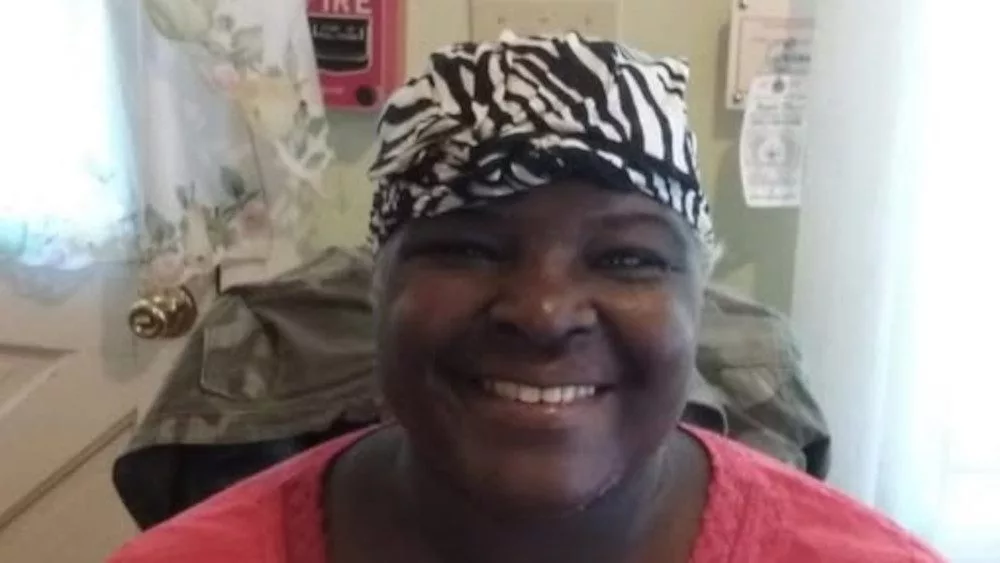
In what is a reported third consecutive week of declining, Governor Andy Beshear noted during his Monday COVID-19 news conference that new cases, testing positivity and hospitalizations are all on the downturn in Kentucky.
Last week, officials across the Commonwealth reported 35,961 new cases — including more than 7,000 over the weekend — which is still the sixth-highest caseload since the pandemic began in March 2020.
But testing positivity fell to 17.93% by Monday afternoon, while COVID-19 hospitalizations statewide fell to 1,750, COVID-19 intensive care admittances fell to 322, and those battling COVID-19 on ventilators dropped to 162.
Should this rate of decline continue, Beshear said March 14 could be the first time in weeks the state could experience “orange,” “yellow” and even “green” counties on the state’s incidence map — which would allow for some revised health guidance.
(Beshear-1)
Kentucky health officials reported 116 new COVID-19 deaths over the weekend, including an 18-year-old man from Bullitt County, and Beshear noted while vaccination rates have declined some, thousands continue to line up for shots.
More than 4,300 received their first-ever mRNA vaccine this weekend, while more than 5,400 earned full vaccination status, and more than 7,300 received a booster shot on top of their first two dosage.
As of now, more than 75% of those aged 18 and older have received at least one vaccination against COVID-19.
One demographic that continues to gain attention in the vaccination discussion are expecting mothers, and Commissioner for Public Health Dr. Steven Stack relayed a dual-threaded message.
First, he said that those pregnant are strongly-recommended to be vaccinated against the disease.
(Stack-1)
And second, he noted that despite unsupported concerns, the vaccine doesn’t cause fertility issues.
(Stack-2)
In other news:
*As of Monday morning, 243 displaced guests from the December storms remained in Kentucky’s state parks. With declining numbers of sheltering guests, Beshear said state parks will soon begin to consolidate the number of parks providing housing for displaced families by transitioning individuals to mid-term housing options such as travel trailers and cottages — both of which are more private and offer kitchens. More than 20 families have already been placed in travel trailers purchase from FEMA by the state.






